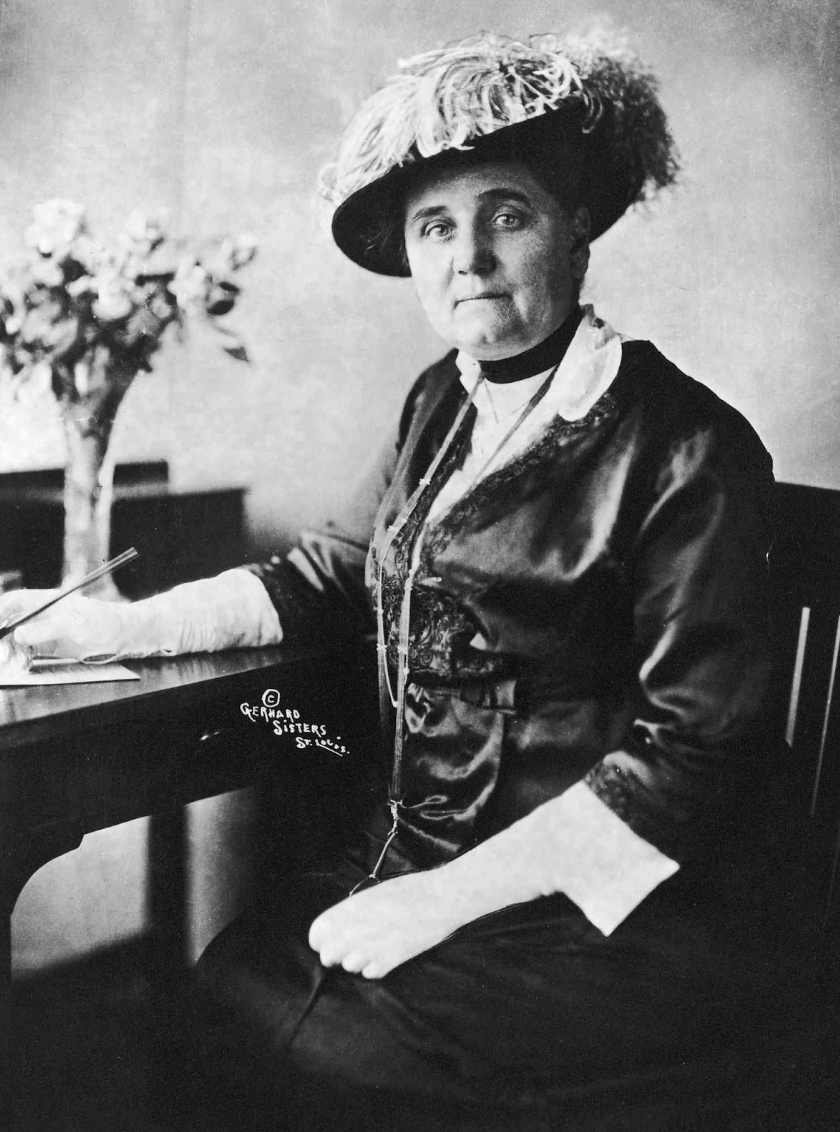Recent Posts
OPTIMA LAKEVIEW

It’s such a pleasure spotlighting legendary Chicagoans who have left a lasting impression on our local history and beyond, including the twentieth-century icon, Jane Addams.
Born in 1860 in Cedarville, IL into a prosperous family, Because Addams’ family allowed her to benefit from education from an early age, she was able to graduate from the Rockford Female Seminary. Later, Addams traveled to Europe, where she was introduced to London’s Toynbee Hall, a trailblazing settlement house that worked to address the causes and impacts of poverty in the city’s East End. Her visit to Toynbee Hall left a lasting impression, paving the way for her co-founding Hull House in Chicago in 1889 — one of the earliest settlement houses in the U.S. that has become the Jane Addams-Hull-House Museum at the University of Illinois-Chicago campus.
Hull House offered educational and social services to immigrants and Chicago’s underserved communities, positioning Addams as a leader of the Progressive Era. Her advocacy spanned a multitude of diverse causes: women’s rights, peace, public health, and broad-spectrum social reform. In recognition of her contributions, Addams was honored as the first American woman to receive the Nobel peace prize in 1931.
Her experiences at Hull House — and with the Progressive movement more broadly — set Addams on her trajectory as a gifted writer. Her writing career was already in full throttle in 1909 with the release of The Spirit of Youth and the City Streets, which shared Addams’ keen understanding of the unique needs of urban youth. She used the book to advocate for enhanced recreational spaces and deeper engagement for Chicago’s underserved young people, while illuminating the dire consequences of growing up in an environment where poverty and lack of access to a better quality of living prevail.
Having found an audience for her explorations of daily life in Chicago, Addams published Twenty Years at Hull-House in 1910, giving readers a look at life inside the settlement house and its impact on the community.
The Long Road of Woman’s Memory, which Addams’ completed in 1916, is another exceptional factual account of her expansive impact on women’s rights in America. In it, she gracefully navigates the terrain of personal and collective memories to demonstrate their influence on women’s lived experiences and the larger tapestry of history.
Over the course of her career, Jane Addams authored 11 books and hundreds of essays, editorials, and columns. And more than a century later, the resonance of Addams’s literary contributions remains undeniably profound, echoing through time into our modern world.
Keen on exploring Addams’ legacy further? Then enjoy a visit to the Jane Addams-Hull-House Museum. The hours of operation are 10:00am to 4:50pm, Tuesday to Friday, and on Sundays from 12:00 to 4:50pm. A suggested donation for admission is $5 per person (University of Illinois Chicago faculty, staff, and students are granted complimentary entry).

